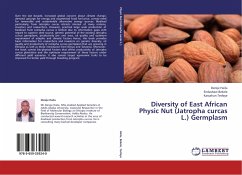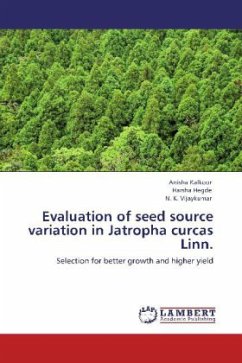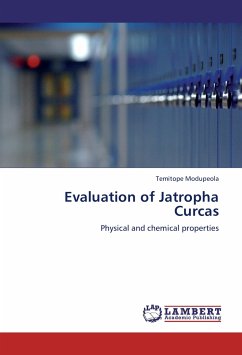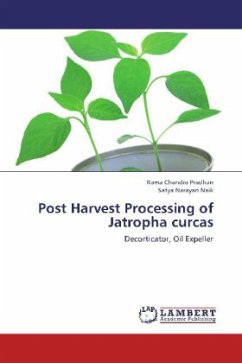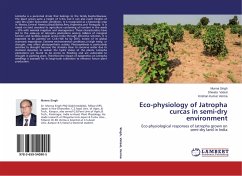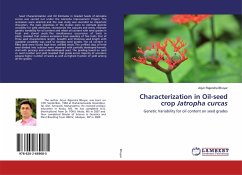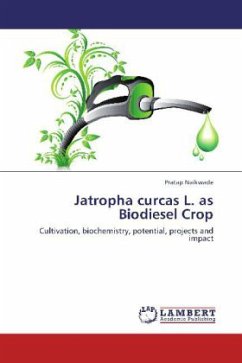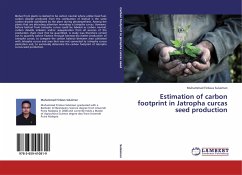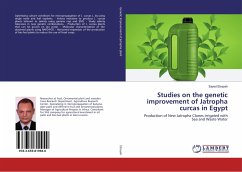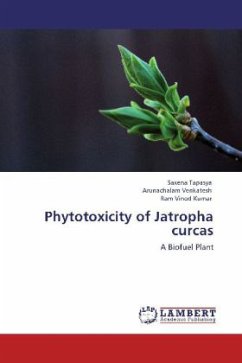
Field and Molecular Evaluation of Jatropha Curcas Germplasm in Ghana
Selection of J. Curcas Accessions for Plant Improvement
Versandkostenfrei!
Versandfertig in 6-10 Tagen
39,99 €
inkl. MwSt.

PAYBACK Punkte
20 °P sammeln!
Jatropha curcas (L) production as a potential source of alternative fuel has gain popularity in Ghana. The government is collaborating with the private sector to develop about one (1) million hectares of Jatropha plantation throughout the country in the next 5-6 years. The questions left unanswered are: why will farmers grow Jatropha? What knowledge do farmers have about the plant? Where will the farmers source quality planting material? It is likely farmers might have practical knowledge of the use of the plant which will be vital to researchers. Also it likely there are variations in the loc...
Jatropha curcas (L) production as a potential source of alternative fuel has gain popularity in Ghana. The government is collaborating with the private sector to develop about one (1) million hectares of Jatropha plantation throughout the country in the next 5-6 years. The questions left unanswered are: why will farmers grow Jatropha? What knowledge do farmers have about the plant? Where will the farmers source quality planting material? It is likely farmers might have practical knowledge of the use of the plant which will be vital to researchers. Also it likely there are variations in the local germplasm which can be used as a basis for improvement. The main objective of the study was to determine if there are variations or otherwise in J. curcas accessions collected from 10 regions of Ghana and to identify promising accessions for future genetic improvement work.



